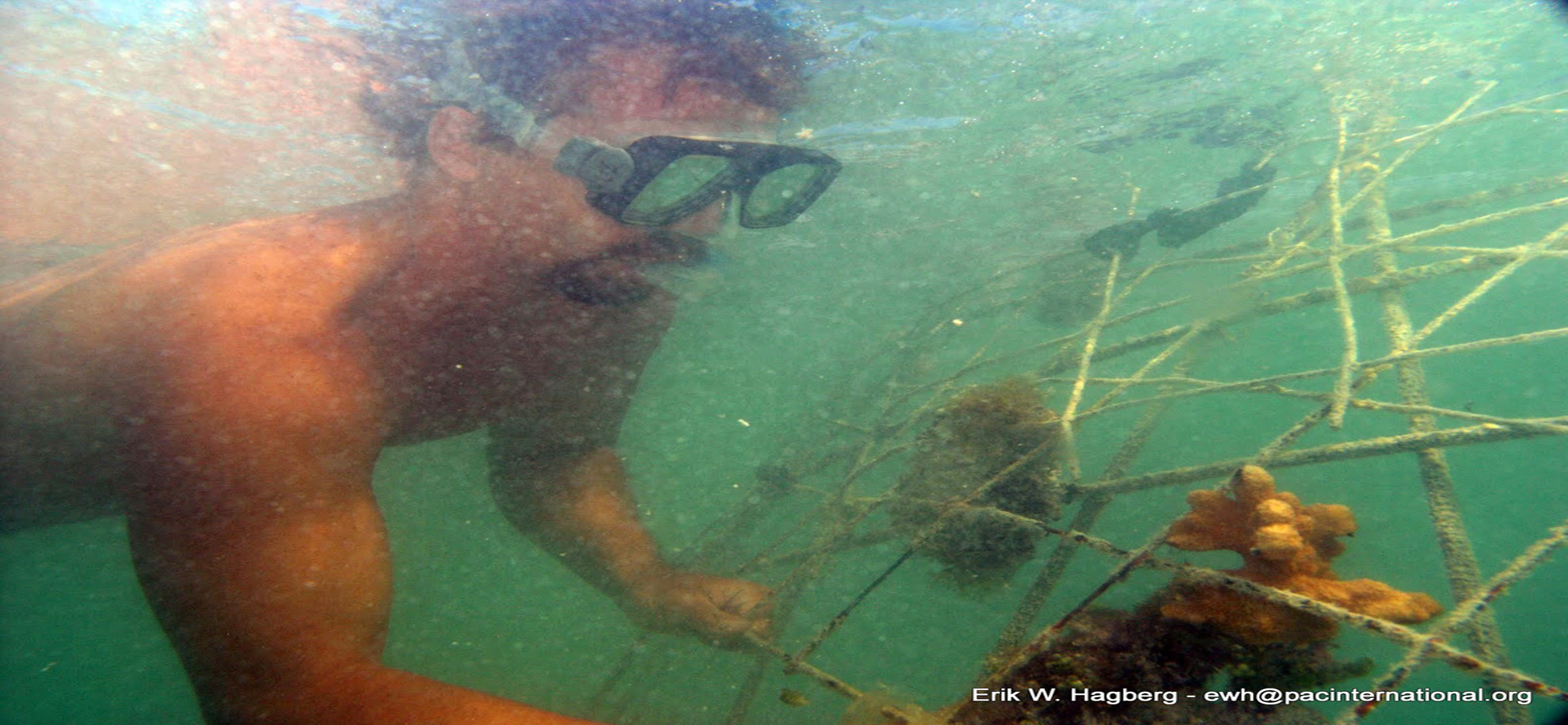the management team

Our management team are extraordinary individuals possessing the vision, expertise, and dedicated commitment to guide the company in the development and implementation of its business solutions strategically designed to benefit the global community through its innovative aquaculture, whole foods, pharmaceutical, condiment, and health products
officers
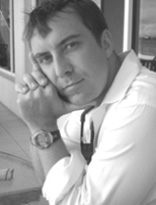
Erik Wilton Hagberg
Founder, President, & CEO
Erik's first dreams were of being a fisherman and marine biologist. Coming from a family of avid fishing enthusiasts and the youngest of three brothers,
REad more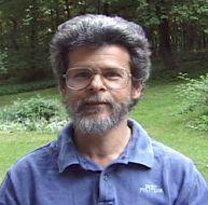
Dr. Tom Goreau, Scientist,
Consultant, Advisor to PAC International
Dr. Tom Goreau, President of the Global Coral Reef Alliance, a non- profit organization for coral reef protection and sustainable management, has dived longer and in more coral reefs around the world than any scientist.
REad more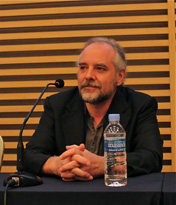
Larry Forsley
Nuclear Physicist
Executive Director Biopharmaceutical Division
Lawrence P. G. Forsley is Chief Technology Officer and Senior Vice President of Global Energy Corporation in Annandale, Virginia, USA. GEC develops and provides green nuclear energy solutions.
REad more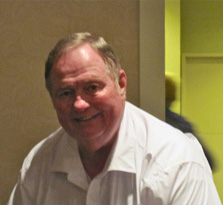
Jim Southworth
Executive Director of Information Technology
James B. Southworth – Senior Technologist, GSA St. Elizabeth’s DHS HQ Consolidation Team. Jim was the Chief Technology Consultant on the elite team for the GSA/DHS project in South East DC.
REad moreour mission
Becoming a World Leader in Sustainable Aquaculture
PAC'S mission is to become a world leader in the sea cucumber farming industry, providing unique and innovative aquaculture solutions to third-world countries that promote sustainable economic, environmental, and human development.
Joint Venture Revenue Sharing
PAC offers trade, commerce, joint venture revenue sharing, sustainability of marine and other natural resources, and the propagation of new and nutritious foods, as well as new sources of biological material for production of the next generation of pharmaceutical wonder drugs.
Exemplify Social and Environmental Responsibility
PAC exemplifies social and environmental responsibility through the application of and training in practical sea farming methodologies that will create meaningful and productive jobs in less-developed countries.
Our Scientific Dive Team & Managers in Training
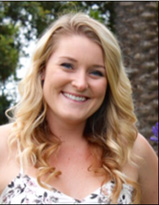
Katie Laybourn
Marine Polyculture Technician & Diver
Katie Laybourn is an enthusiastic and ambitious conservation scientist who specializes in field-based research projects focused on human-ecosystem interactions and sustainable resource management strategies.
REad more
Megan Williams
Marine Infrastructure Technician & Diver
Having graduated in Marine Biology and Coastal Ecology in 2013, I have a distilled desire to pursue my life time passion. I am currently working in a FTSE 100 company, mentoring others within the business and coordinating training and development programmes.
REad more
Whitney Brooke Berry
Coral Reef Restoration Technician & Diver
Designed “Ridge to Reef” management plan for local conservation efforts, authored National Geographic Explorer’s Journal posts, instituted marine conservation education project
REad more
Taylor Miller
Coral Restoration & Aquaculture Specialist & Diver
If you asked me what I wanted to do for the rest of my life four years ago, I would say live on a boat and scuba dive with dolphins all day.
REad moretestimonials
Sea cucumber fishing is very important to the livelihoods of coastal communities, particularly artisanal and small scale fishers in developing countries. Therefore, socio-economic issues in sea cucumber fisheries are important and should be recognized and incorporated in fishery management programmes. In particular, livelihood options should be made available to fishers if management regulation put restrictions on the fisheries, such as bans on fishing."Advances in Sea Cucumber Aquaculture and Management", the Fisheries Department of the Food and Agriculture Organization of the United Nations (FAO), 18 October 2003
Limitations in our current antiviral treatment options and the continuing emergence of new pathogenic viruses have contributed to a growing need for new and effective chemotherapeutic agents to treat viral diseases. The marine environment provides a rich source of chemical diversity for the screening and identification of new compounds with desirable antiviral properties. Many of the new and structurally distinct metabolites that have been found in marine algae, invertebrate animals, and microorganisms have pronounced biological activities and constitute a valuable chemical resource for the discovery of lead compounds that may aid in the development of new antiviral therapies."Current Medicinal Chemistry - Anti-Infective Agents", Volume 3, Number 3, September 2004, pp. 233-249
